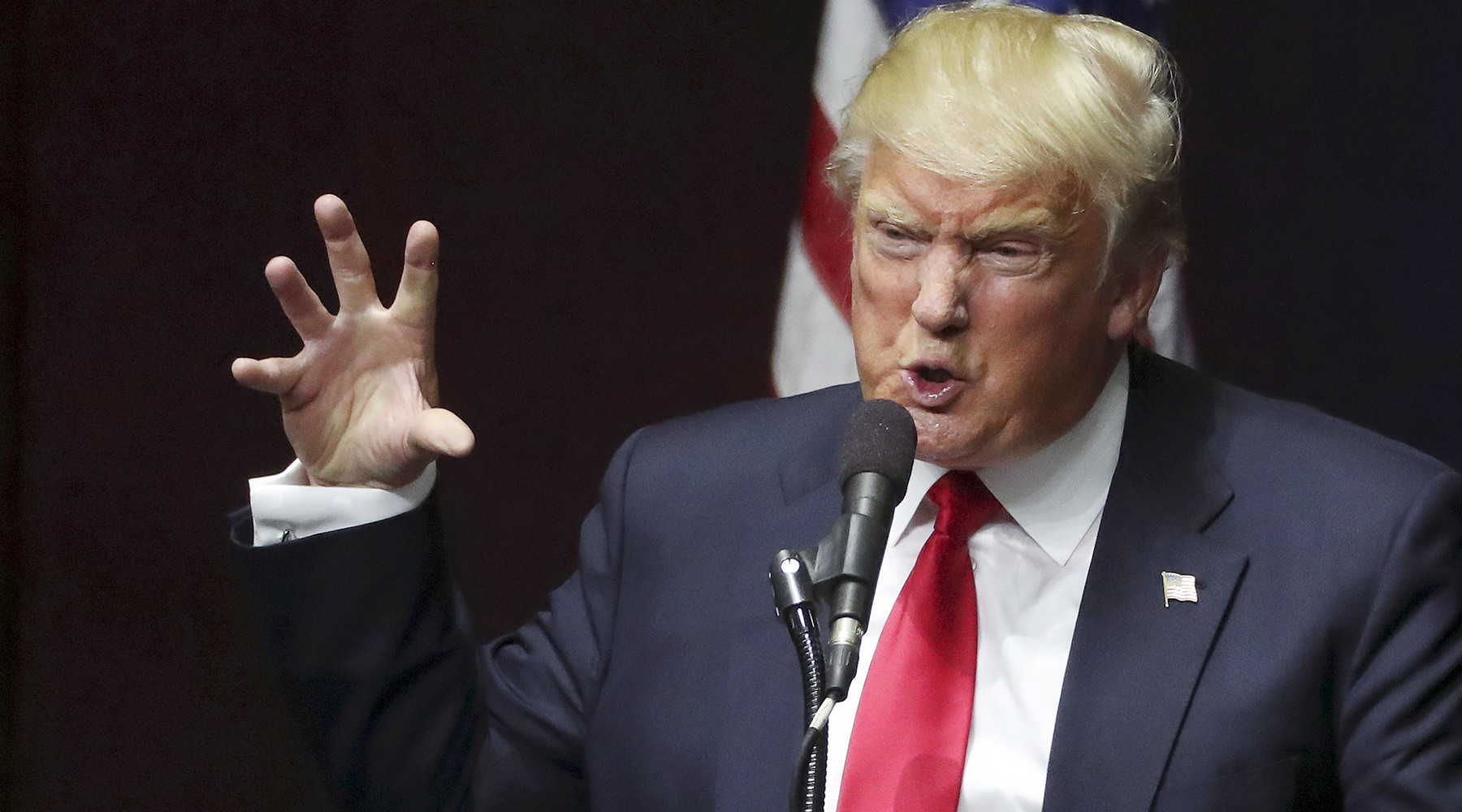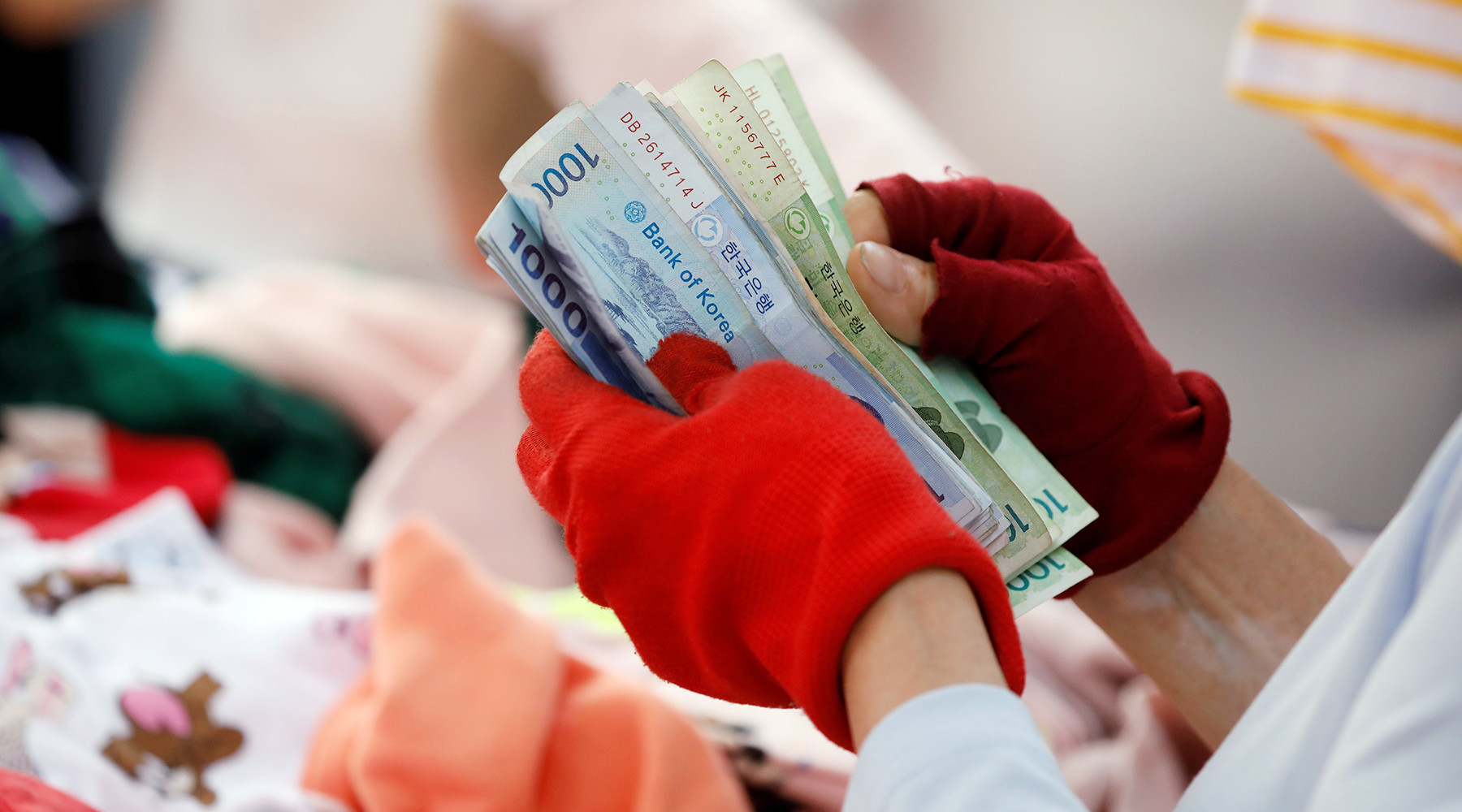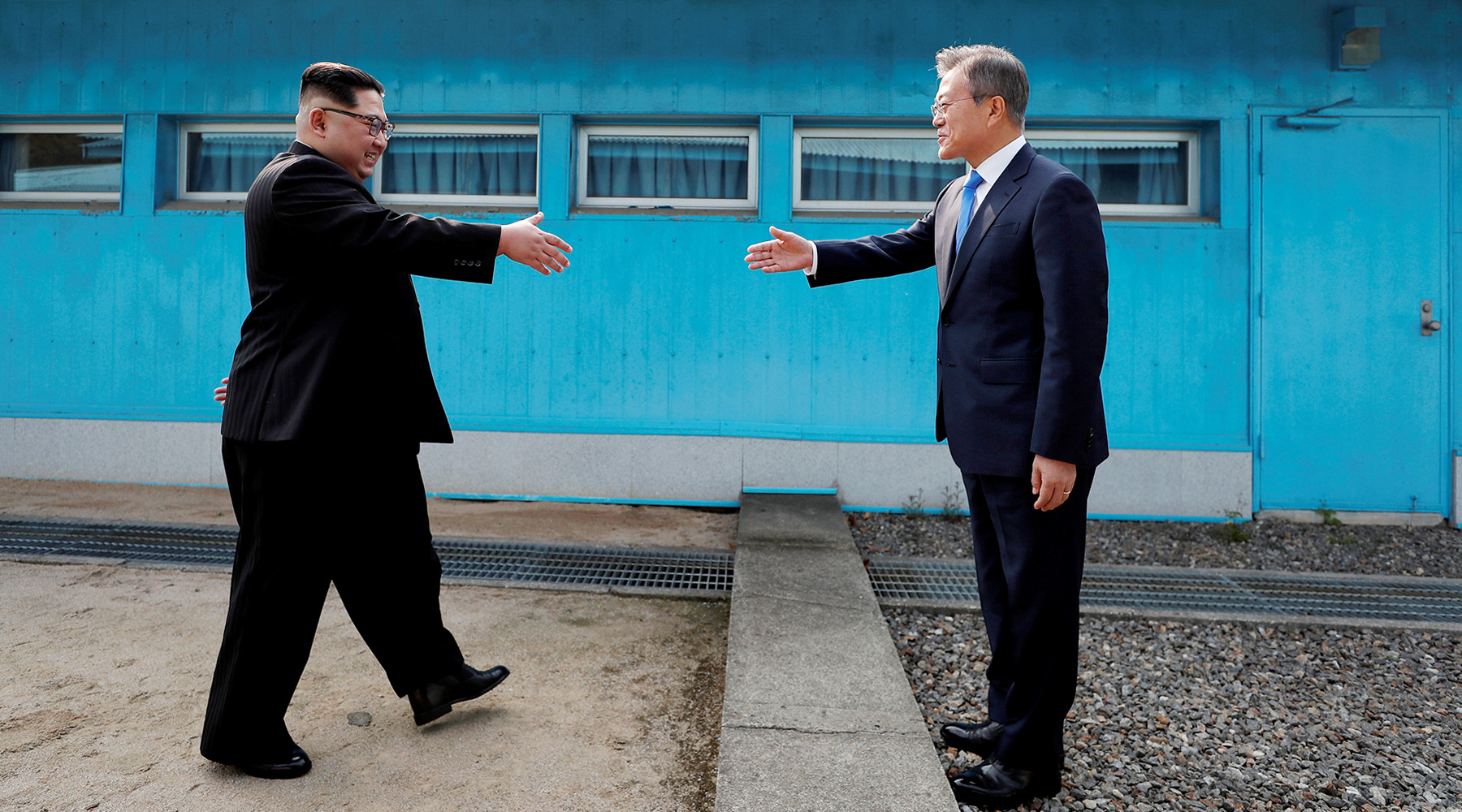During the next negotiations in Honolulu, representatives of the United States and South Korea could not reach a compromise on the issue of paying for American troops in the country. On November 19th, a source in the South Korean Ministry of Foreign Affairs informed the Ronhap news agency.
“We have achieved some progress, but we could not reach a final agreement,” the diplomat said on condition of anonymity.
It is noted that negotiations took place in the state of Hawaii, Honolulu, last week. Their next round is scheduled for December.
Meanwhile, at the end of this year, the Agreement between the United States of America and the Republic of Korea on Special Measures of 1991, which regulates the stay of the US military in the south of the Korean Peninsula, is completed. According to his latest version, the South Korean side annually paid 960 billion won ($ 850 million) for the stay of the American military on its territory.
However, now the American side demands to increase this amount to 1.5 trillion won ($ 1.3 billion). Seoul is against it, and the US insists that it is exactly what is needed to pay for “services” to deploy on the peninsula if necessary strategic weapons - bombers, submarines and aircraft carriers.
As a result, negotiations on the extension of the agreement were stalled, and in the new 2019, the grouping of the American military on Korean land of 28.5 thousand people can enter without a proper legal justification for its presence.
Not willing to pay
The current round of the US-South Korean talks is the ninth in a row. They started in the spring of this year, but the parties did not come to an agreement. The South Korean side notes that it is not against the US military presence, but is not ready to pay the sum requested by Washington. According to Ronhap, the figure of 1 trillion won is psychologically important for South Korean taxpayers.
“South Korea now has a not very good economic situation. The country is experiencing a decline in economic growth, a decline in employment. Therefore, they are not at all pleased with the prospect of additional expenses for the maintenance of the American contingent, which also plays the role of a brake for the development of inter-Korean dialogue and detente, ”Alexander Zhebin, head of the Center for Korean Studies at the Far East Institute of the Russian Academy of Sciences, said in an interview with RT.
According to the expert, the command of American troops stationed in South Korea constantly creates problems in the way of inter-Korean contacts, for example, puts obstacles to the connection of railways and highways.
“The fact is that if the North and the South reconcile, the myth of the North Korean threat will collapse and the very basis for the continued presence of the American military in South Korea will disappear,” said Zhebin.
According to Georgy Toloray, head of the Russian Strategy for Asia Strategy Center at the Russian Academy of Sciences, it’s up to Seoul that it can’t afford to increase funding for the American troops. Washington itself is to blame.
- South Korean currency - won
- Reuters
- © Kim Hong-Ji
“There are difficulties due to the trade war between the United States and China,” explained RT Toloraya. - China purchased components from South Korea for many types of products supplied to the American market. Now this source of income for the South Korean business is closing. So South Korea now has no extra money in the budget. ”
"Principal position"
US President Donald Trump has consistently insisted that US allies increase their contribution to maintaining common defense. This also applies to agreements on the presence of US troops abroad.
“When it comes to such rich countries as Saudi Arabia, Japan, South Korea, why do we subsidize them to the military,” Trump wondered in September 2018, speaking to his supporters in the state of West Virginia. - They will pay us. The problem is that no one ever asked them about it. ”
Experts suggest that, following South Korea, Washington may demand higher fees for maintaining American bases and from other partners.
“For Trump, the idea that countries should pay the US for security services is fundamental. Therefore, the matter here is not even so much in money as in principle - Trump is trying to prove that he can take pressure, everything he sees fit, ”explained the motivation of the American leader Georgy Toloraya.

- US President Donald Trump
- Reuters
In turn, Alexander Zhebin sees economic reasons for the position of the American president.
“These attempts are aimed, among other things, at striving to reduce the huge national debt of the United States. The White House wants to force foreign countries to maintain at their own expense US troops on their territory, and this despite the fact that this military presence is aimed at the US domination in the political and other spheres of life in these countries, ”the political scientist notes.
Growing controversy
As a result, according to experts, the differences between South Korea and the United States are intensifying.
“The very fact that the problem is being discussed and differences have arisen suggests that a certain part of the South Korean leadership is growing irritated by the American arm-twisting tactics,” notes Alexander Zhebin.
At the same time, contradictions in other areas of cooperation, especially North Korean, are becoming obvious.
After a series of three successful meetings between South Korean President Moon Jae-Ina and North Korean leader Kim Jong-un, north and south are negotiating to reduce tensions at the border, even reduce the number of posts in the demilitarized zone separating the two Koreas. Discussed and the union of rail and road networks of the two states, the opening of air traffic. The plans include a joint struggle to apply for the 2032 Summer Olympics.
- Kim Jong-un and Moon Zhe Ying
- Reuters
- © Korea Summit Press Pool
After the Trump and Kim Jong Un summit in Singapore in June this year, the United States cannot boast of great success in this area. The DPRK continues to insist on the lifting of sanctions, while Washington opposes demanding full denuclearization.
On October 10, 2018, the Minister of Foreign Affairs of the Republic of Korea, Kang Kyung-hwa, called for the lifting of South Korea’s unilateral sanctions against the DPRK. In response, Trump said that this will not happen.
“They will not do this without our approval. They do nothing without our approval, ”the American president told reporters.
According to Tolorai, because of the threat of growth of contradictions, it would be more profitable for the United States to cede South Korea and abandon the demands to increase the payment for the American military presence.
“Now the Korean-American alliance is being seriously tested, most likely, Trump’s advisors are recommending that he postpone the dispute about the financing of military forces and give way. But Donald Trump is hardly ready for this, ”the political analyst believes.
On the other hand, according to Toloraya, Seoul does not want to lose its military support of Washington and therefore will seek a compromise, without risking to aggravate the already difficult due to differences over North Korea relations with the United States.
“Probably, Seoul and Washington will come to some kind of compromise,” agrees Alexander Zhebin. “But this story only emphasizes that both the population and the ruling elites of many countries where American forces are stationed are already experiencing certain fatigue from the American military.”


